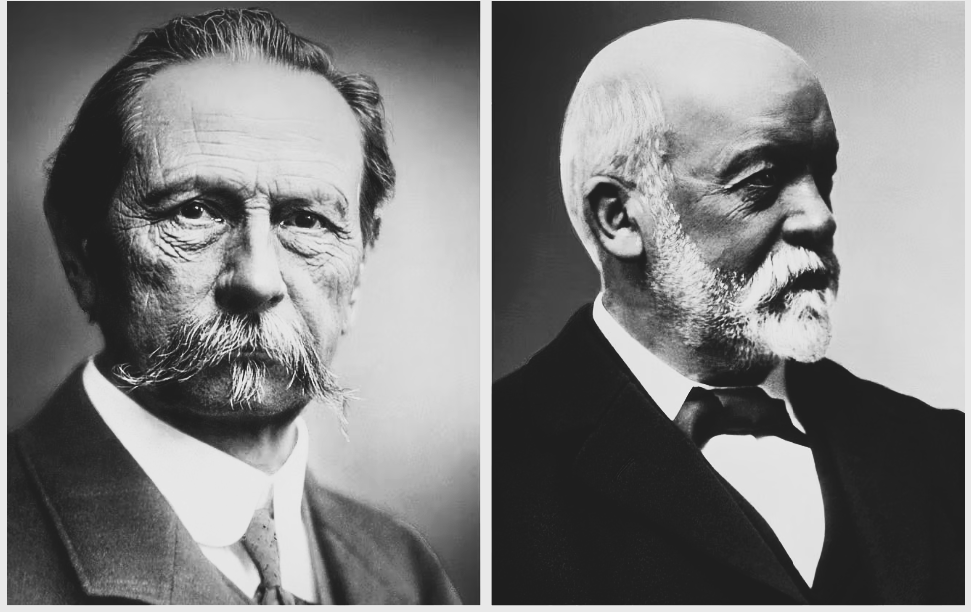
The invention of the modern automobile is credited to two pioneering German engineers: Karl Benz and Gottlieb Daimler. Both played crucial roles in developing gasoline-powered vehicles, but their approaches and contributions differed significantly. This article explores their innovations, rivalries, and lasting impact on the automotive industry.
Karl Benz: The Father of the Automobile
Key Contributions
- Invented the first true gasoline-powered car (1885–1886)
- Patented the Benz Patent-Motorwagen (1886) – a three-wheeled vehicle with an internal combustion engine
- Founded Benz & Cie., which later became part of Mercedes-Benz
- Developed critical automotive technologies, including the carburetor, clutch, gear shift, and water radiator
Why Benz Stands Out
Benz’s Patent-Motorwagen was the first automobile designed as a complete vehicle, not just a carriage with an engine. His focus was on creating a self-propelled machine rather than adapting existing horse carriages.
Gottlieb Daimler: The High-Speed Engine Innovator
Key Contributions
- Developed a high-speed gasoline engine (1883) with Wilhelm Maybach
- Built the first four-wheeled gasoline automobile (1886, the Daimler Motorized Carriage)
- Pioneered lightweight, powerful engines for cars, boats, and airships
- Co-founded Daimler-Motoren-Gesellschaft (DMG), which later merged with Benz’s company
Why Daimler Was Revolutionary
Daimler and Maybach focused on speed and efficiency, creating engines that were smaller, lighter, and more powerful than Benz’s. Their work led to the first four-wheeled gasoline car and influenced motorsports and luxury vehicles.
Benz vs. Daimler: Key Differences
| Feature | Karl Benz | Gottlieb Daimler |
|---|---|---|
| First Vehicle | Three-wheeled (1886) | Four-wheeled (1886) |
| Engine Focus | Single-cylinder, low RPM | High-speed, compact engines |
| Approach | Complete automobile design | Engine innovation for multiple uses |
| Company | Benz & Cie. | Daimler-Motoren-Gesellschaft (DMG) |
| Legacy | First patented automobile | Faster, more versatile engines |
Did They Ever Work Together?
Despite their parallel work, Benz and Daimler never collaborated. They were competitors, but their companies eventually merged in 1926 to form Daimler-Benz AG, creating the Mercedes-Benz brand.
Who Had a Bigger Impact?
- Benz is credited with inventing the first true automobile.
- Daimler revolutionized engine technology, making cars faster and more practical.
- Together, their legacies shaped the modern automotive industry.
FAQs About Benz and Daimler
1. Were Benz and Daimler rivals?
Yes, they worked independently and competed in the early automotive market.
2. Which came first, Benz’s or Daimler’s car?
Both were developed in 1886, but Benz patented his vehicle first.
3. Why did their companies merge?
Post-WWI economic struggles forced Benz & Cie. and DMG to unite, forming Mercedes-Benz.
4. What was Daimler’s most famous engine?
The “Grandfather Clock” engine (1885), a compact, high-speed design.
Conclusion
Karl Benz and Gottlieb Daimler were both visionaries who transformed transportation. Benz built the first automobile, while Daimler advanced engine technology. Their rivalry and eventual merger birthed one of the greatest car brands in history: Mercedes-Benz.
